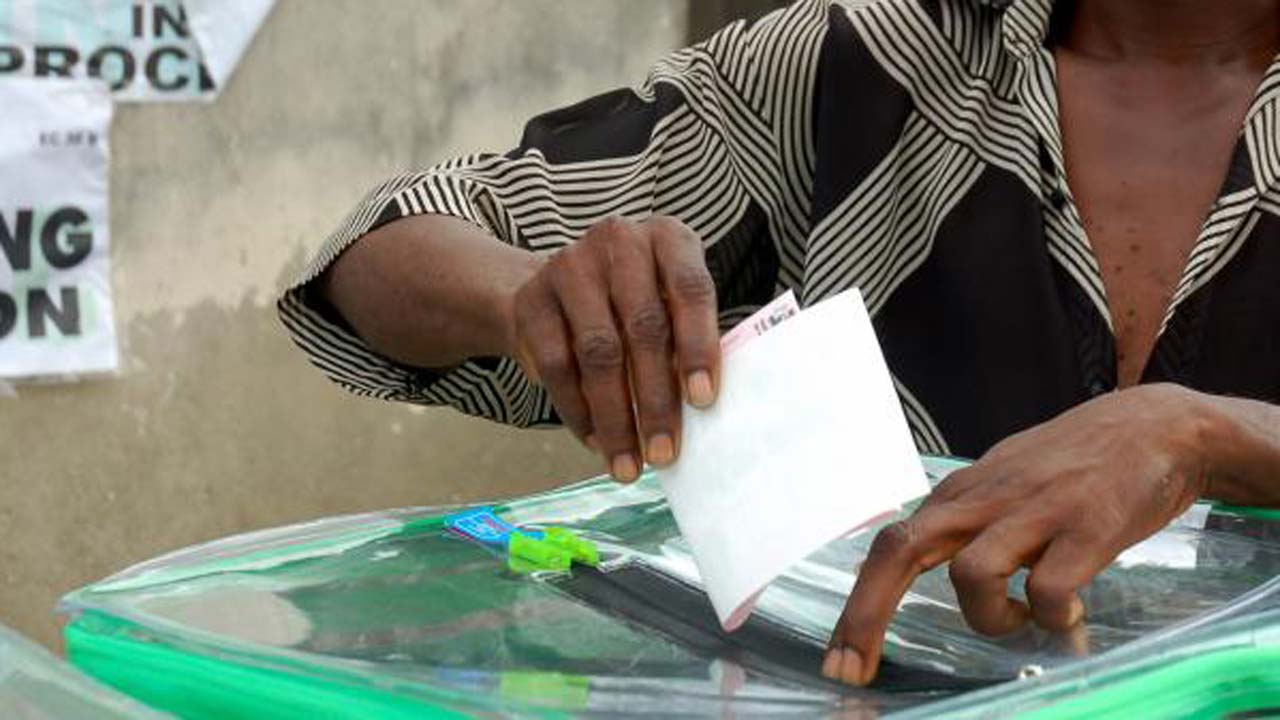In line with its commitment to credible election under the Watching The Vote (WTV), Yiaga Africa says it is ready to deploy about 543 trained observers for the Edo state governorship election slated for September 19.
The Executive Director of Yiaga Africa, Samson Itodo, who disclosed this in a statement on Sunday, said its cohort of 44 Master Trainers were deployed across all 18 local government areas of the state for the training of the over 500 polling unit observers and 24 roving observers.
“Yiaga Africa observers were trained on the essentials of election observation beginning from understanding the Election Day process as provided in the Independent National Electoral Commission’s manuals and election guidelines, Election Day deployment, to the WTV observation methodology, using the observation forms.
He said the observers were also exposed to the guidelines and principles of election observation in line with the global principles of Global Network for Domestic Election Monitors.
The Yiaga boss further noted that since the Edo gubernatorial election will be the first of the off-cycle elections to be conducted amidst a pandemic, observers were also trained on how to track and report adherence to the COVID-19 prevention protocols at the polling units and LGA results collation centers.
“For the 2020 Edo State governorship election, Yiaga Africa’s Watching The Vote (WTV) will employ the Parallel Vote Tabulation (PVT) methodology on election day and will deploy 500 stationary observers in pairs to a representative statistical sample of 250 polling units and 24 mobile observers, 18 Collation Center observers in each of the 18 LGAs of Edo State and one State Focal Point (SFP).
“The deployment strategy will enable Yiaga Africa to provide timely and precise information on the conduct of accreditation, voting and counting as well as to independently verify the official results for the gubernatorial election as announced by INEC.
“The Parallel Vote Tabulation (PVT) is an Election Day observation methodology that leverages statistics and technology for the observation of the process of voting and counting and tallying of results. Citizen observers are deployed to randomly sampled polling units to collect data on the conduct of elections and official polling unit level results.
“With the results assembled from the sampled polling units, a citizen observer group can release projected estimates and verify the accuracy of results declared by the election management body.
“Using this methodology, observer reports are sent via SMS to a central database which enables WTV to analyse and share timely findings on the conduct of the election in near real-time,” Itodo explained.

 Entertainment6 days ago
Entertainment6 days ago
 Health1 week ago
Health1 week ago
 Health4 days ago
Health4 days ago
 Football1 week ago
Football1 week ago
 Football1 week ago
Football1 week ago
 Crime5 days ago
Crime5 days ago
 Education6 days ago
Education6 days ago
 Health6 days ago
Health6 days ago

